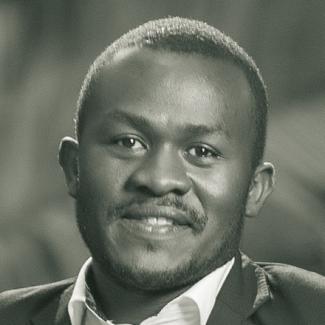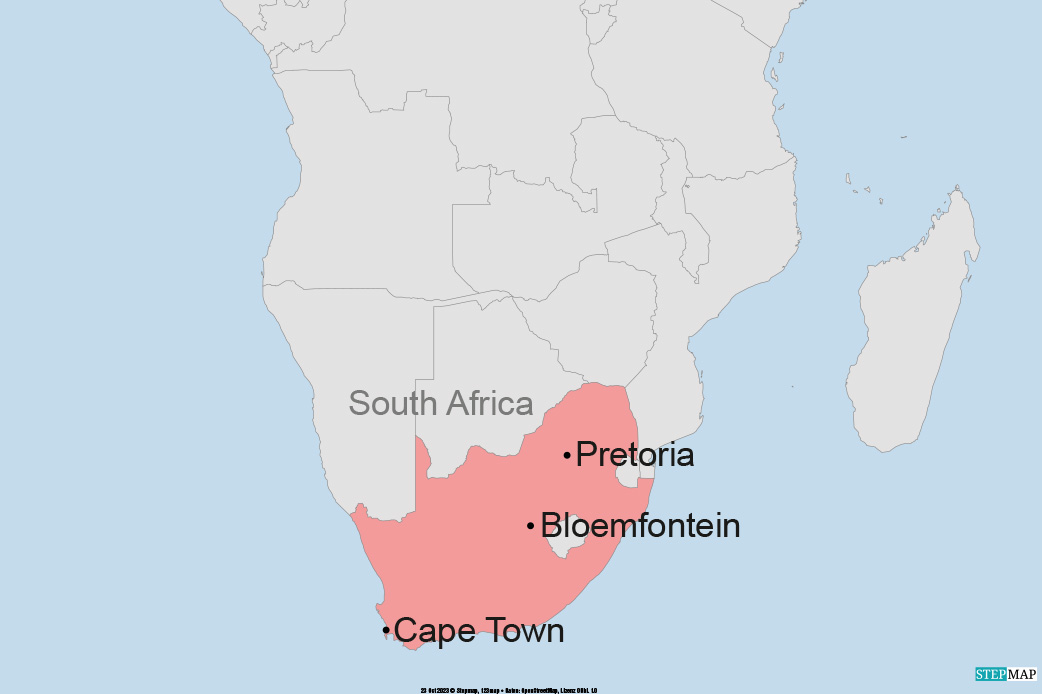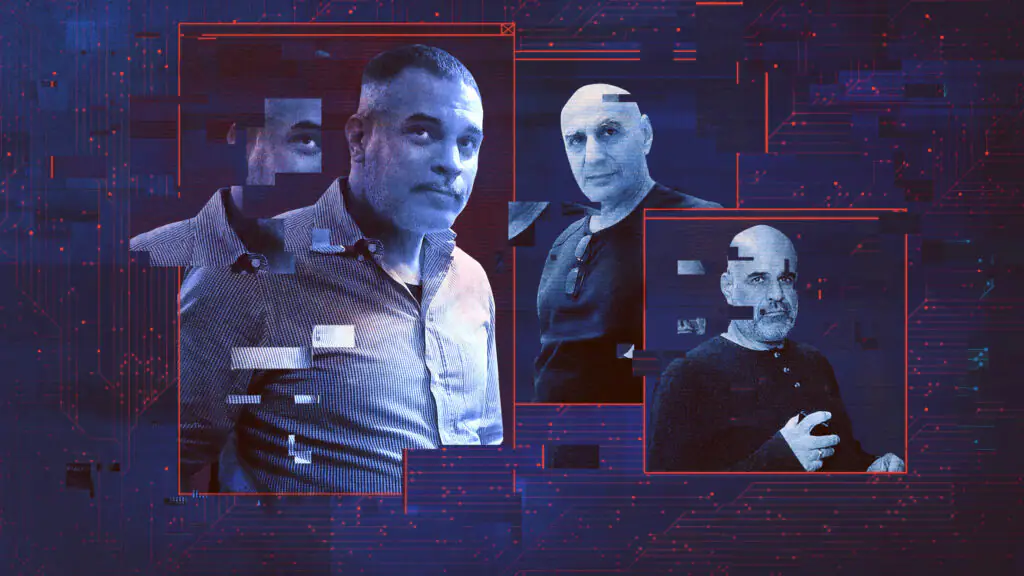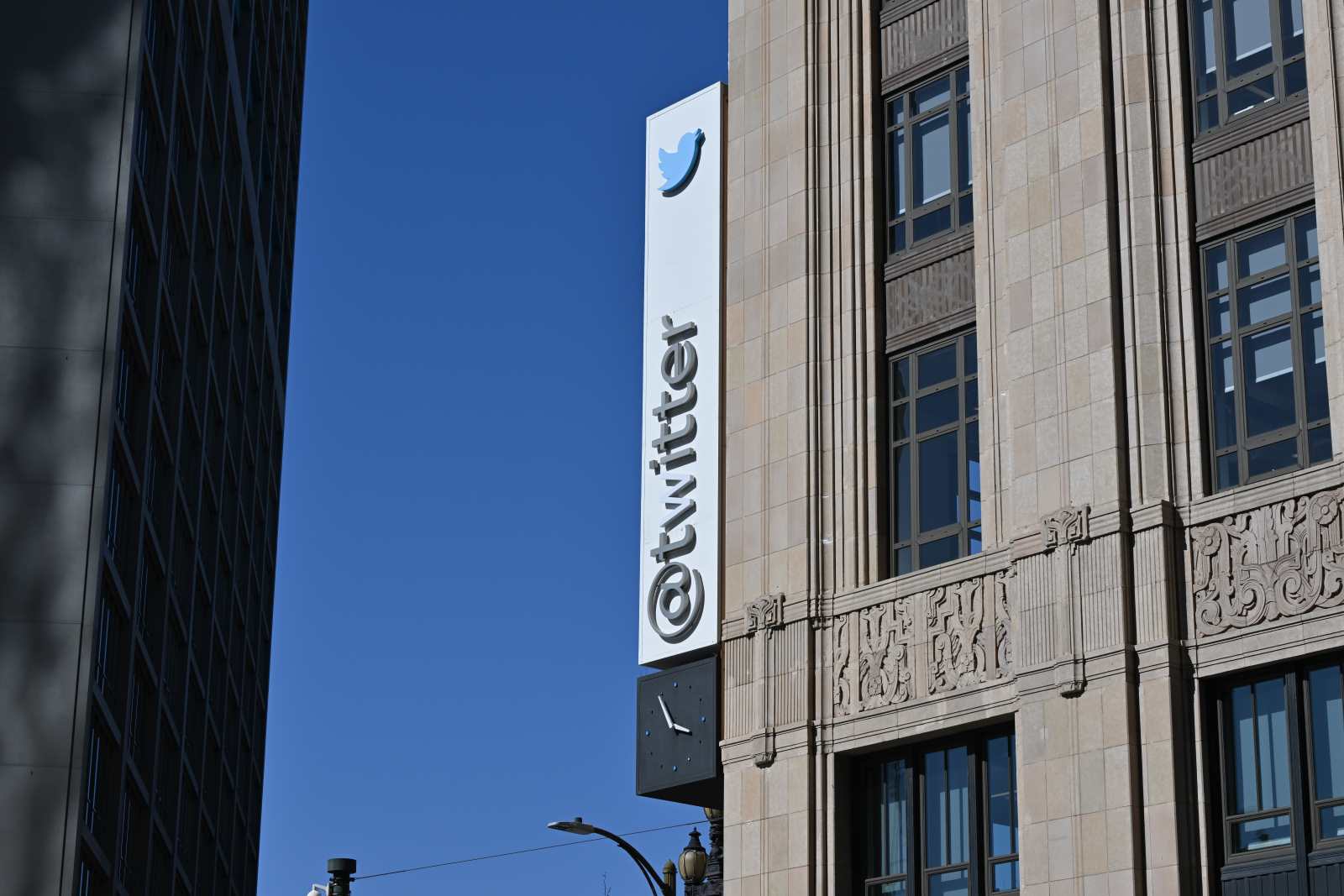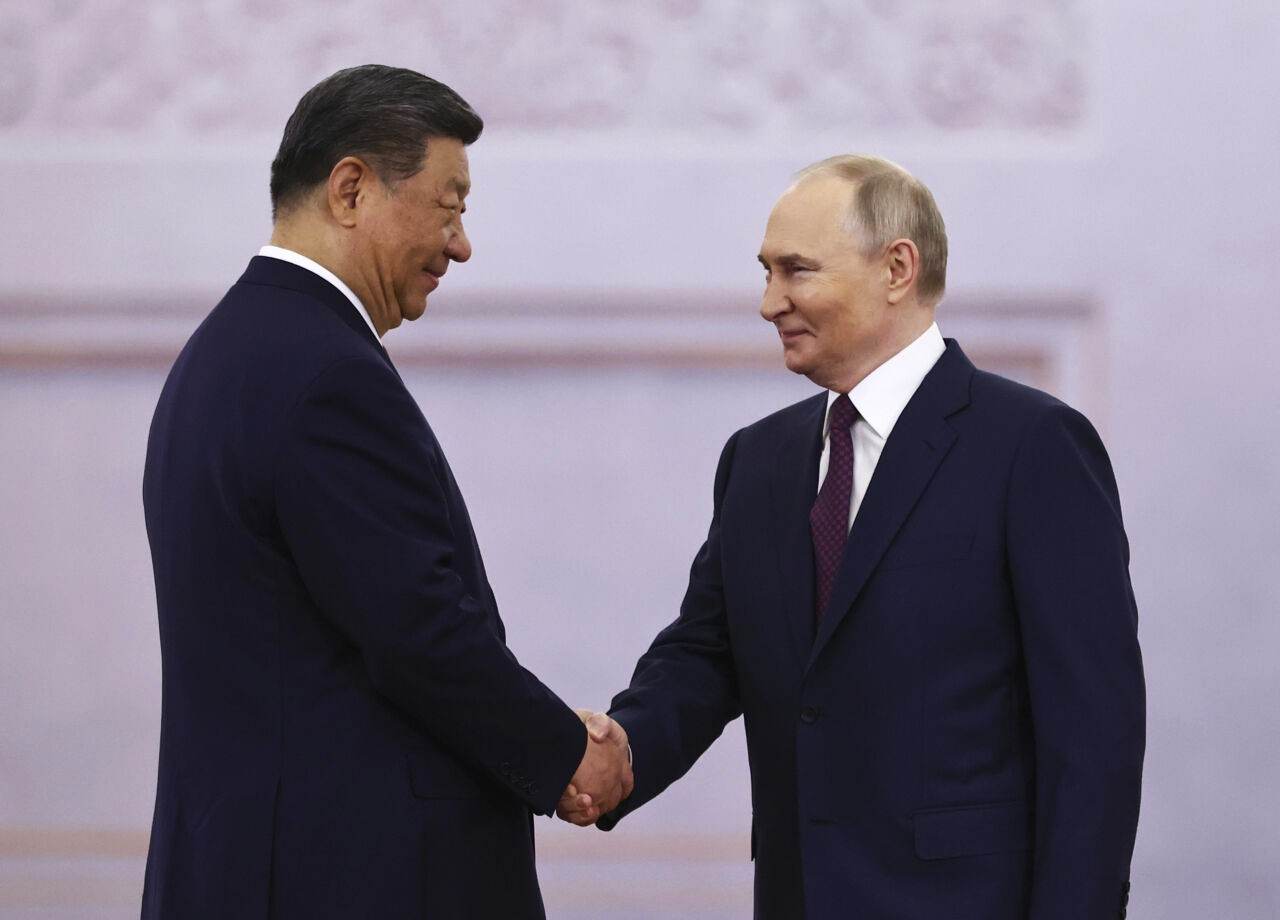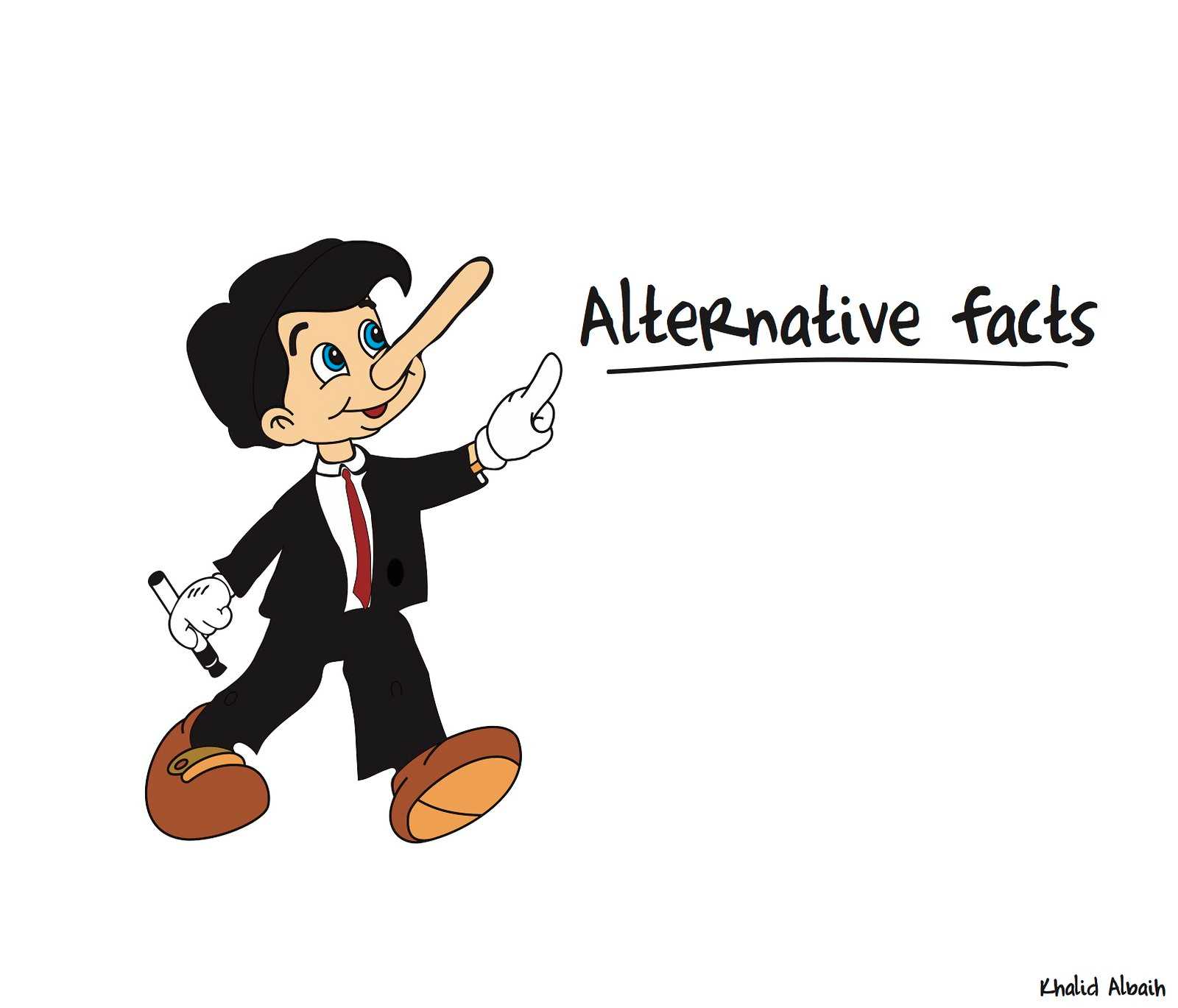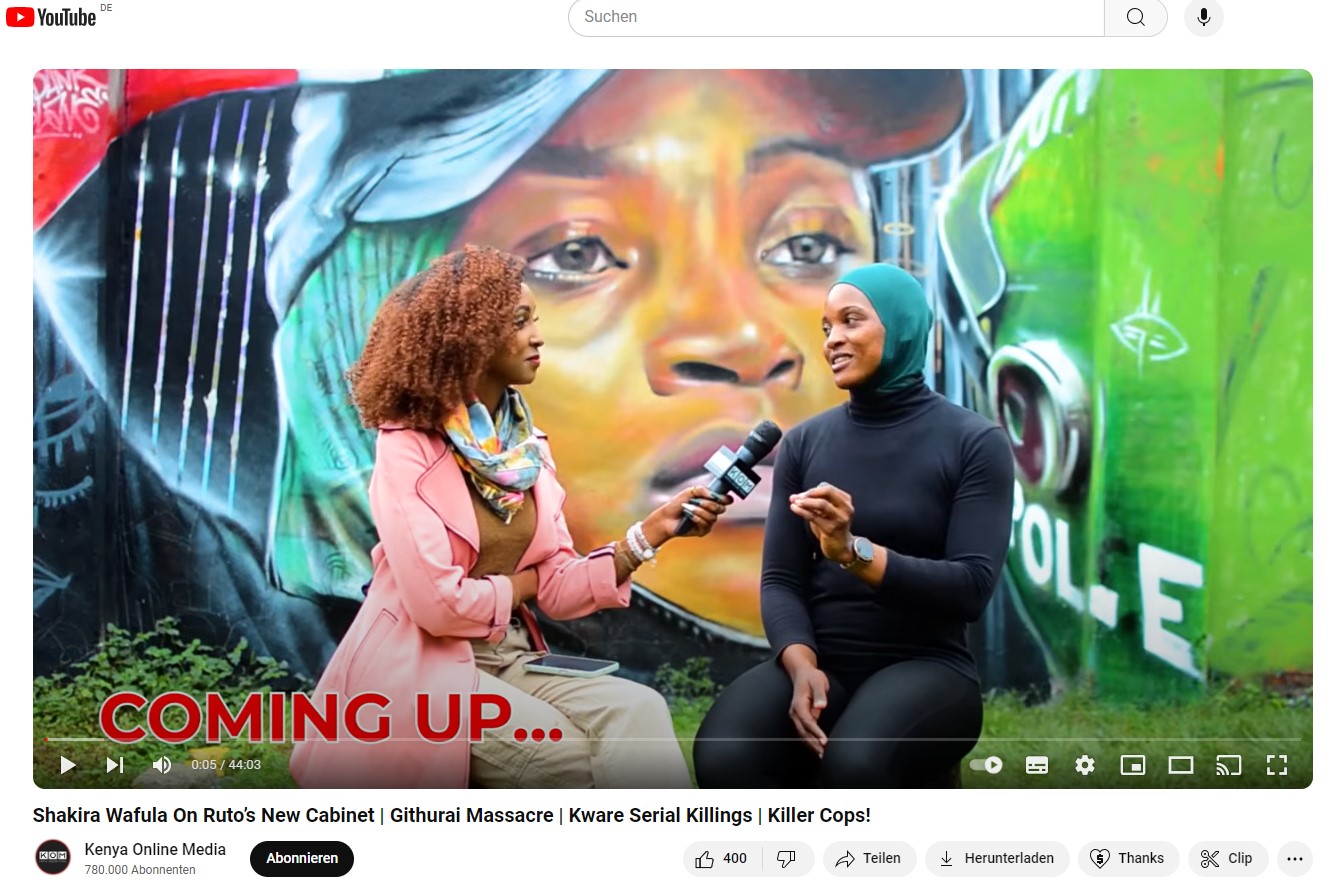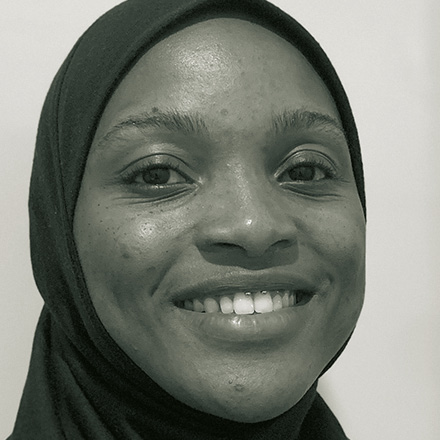Fact checking
Combating fake news
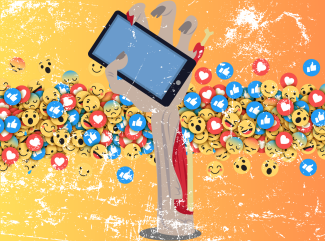
In February, Africa Check, a non-profit organisation founded in 2012 to verify facts and promote accuracy in public debate and the media in Africa, brought together in Nairobi some of the researchers and fact-checkers who have been monitoring the 2024 elections in nine African countries, including South Africa, Rwanda, Senegal, Namibia, Ghana, Tunisia and Algeria. Representatives from Africa Check in Kenya and Nigeria also spoke about their respective election information ecosystems in 2022 and 2023.
Overall, political smears against competitors, falsehoods undermining the credibility of electoral authorities, and those designed to undermine public trust in independent media emerged as some of the main ingredients of the recipe for disinformation. The use of paid influencers, secretly hired to spread falsehoods, was also common in all countries.
Fake opinion polls on controversial issues or the popularity of candidates, fake or manipulated election posters, well-designed manifestos with inflammatory rhetoric, well-edited videos that were cut together to show polarising verbal exchanges, and fake screenshots of internal WhatsApp conversations were used with varying degrees of effectiveness and harmfulness in all countries.
Africa Check and its partners took action with their proven set of tools to ensure information integrity: fact-checking, debunking, media literacy and digital hygiene courses. The platform offers programmes that teach people how to verify information from publicly available sources and alert them how to recognise false information, particularly in cases where disinformation aims to exploit cognitive shortcuts. The programmes also provide guidance on how to use safe online practices to protect oneself and others from harmful content and explain how algorithms work to amplify outrage, and how they can be recalibrated to display useful content.
Battery acid as a cure for cataracts
David Ajikobi is the country editor for Africa Check in Nigeria. He explains that, in addition to political disinformation, disinformation in the health sector is a major problem. “This leads to dangerous behaviour, and the damage is sometimes life-threatening,” Ajikobi explains, referring to the spread of untested treatments, such as an absurd false claim on Nigerian social media that battery acid is a cure for cataracts. “This is a major problem, especially on a continent where there are hardly any functioning healthcare systems and healthcare costs have to be paid out of pocket,” he adds.
In other words, people don’t go to the hospital because they’ve heard about cheap, untested remedies that promise miracles. Someone who is struggling to feed themselves is likely to try something they can afford with the little money they have before committing to spending more money on hospital bills. That’s the economics of survival.
Misleading health advice can have deadly consequences, not only for oneself, especially in times of epidemics or pandemics such as Covid-19 or Ebola. Quite a few people also trust their religious leaders when they tell them that vaccines are part of a global sterilisation programme. They refuse vaccines for themselves and their children against preventable diseases such as polio, tetanus, measles and tuberculosis.
The trail of disinformation in Africa is as follows: It spreads via social media – WhatsApp, X, Facebook, TikTok, Instagram, YouTube or Telegram – then reaches community radio stations and is repeated as fact in mosques and churches, in marketplaces and on official platforms. On other days, it starts in the marketplace and ends up in the family WhatsApp group. This is how it circulates unchecked, poisoning minds and endangering lives.
Battles for hearts and minds
In West Africa, there is another aspect of disinformation that is gaining ground. Researchers attribute it to the geopolitics of the region, where major global players are trying to win the hearts and minds of the population. “False narratives and disinformation are being used to promote the influence of foreign actors – Russia, China, but also the US and the EU,” says Ajikobi.
Valdez Onanina is editor-in-chief for francophone Africa at Africa Check. He is based in Dakar, Senegal, and has done extensive work in French-speaking countries that have experienced coups in the last decade. “Misinformation and disinformation especially from China or Russia remain a threat as they contribute to the increasing polarisation of public debates and political disputes in our countries,” Onanina says.
According to Onanina, there are two reasons for this: “A very fragile media ecosystem is struggling with a difficult economic situation, which has a direct impact on the quality, ethics and impact of journalism,” he says. “Secondly, trust in the media is declining worldwide, due to various factors, including the rise of populism in several countries, where public figures often fuel this mistrust through wrong statements.”
Misinformation from the highest level
As far as the last point is concerned, we in Kenya know exactly what he means. Here is an example of how fake news is spread from the highest level of government.
Kenyan President William Ruto travelled to Germany in September 2024 to sign a bilateral labour migration agreement. “This agreement will unlock 250,000 job opportunities for young people from Kenya,” he said in an interview with Deutsche Welle (DW), Germany’s state-run international broadcaster. The British public broadcaster BBC picked up this figure and wrote in a post on X: “Germany has agreed to welcome 250,000 skilled and semi-skilled Kenyan workers.”
Shortly after the BBC post went live, Germany’s Interior Ministry quoted it and posted on X: “This information is clearly false. The agreement between Germany and Kenya does not include any numbers or quotas of skilled workers who will have the opportunity to work in Germany. All applicants must fulfil the strict requirements of the German Skilled Immigration Act.”
For Kenyans, the figure came from the president. And a friendly government had just declared it to be wrong. Many who saw the DW interview, read the BBC report or heard the president’s comments in Kenya saw this as criticism of Ruto by the Germans.
Ruto’s claim that the agreement included figures and his failure to disclose the details fuelled the hopes of millions of young Kenyans, most of whom are unemployed. Suddenly, there was great excitement on the internet, with people already picturing themselves sitting on planes to Germany.
When the German government clarified that the agreement did not contain any numbers and emphasised that it was about skilled workers, this shook the already crumbling confidence in the president.
Nevertheless, some decided to twist the issue and argue that the head of state’s statement was true, but that the German government had to contradict him because immigration was a hot election issue in the upcoming German elections. Ruto had promised people jobs, and he now had to show at all costs that he would keep that promise.
This is how disinformation thrives. Facts are twisted to fit a narrative, and even when misrepresentations are exposed, it is difficult to correct them because those who are spreading falsehoods dig in their heels and insist on their version of events, as they have an end goal in mind.
But there is hope. Thanks to borderless and collaborative information forensics in a connected world where thousands of digitally savvy young people have access to the internet, the truth often comes to light. When this happens, however, the trust and goodwill of the public, on which the work of all civil servants and authorities is based, are undermined. Civil disobedience becomes a patriotic duty, and governance becomes difficult.
Sources
Africa Check
https://africacheck.org/
Kamau, S., and Shiundu, A., 2024: “Investing in fake news? The disinformation industry in Kenya’s 2022 elections.” In: State-Sponsored Disinformation Around the Globe (2024): 194-215. DOI: 10.4324/9781032632940-15.
Alphonce Shiundu is a Kenyan journalist and editor at Africa Check.
shiunduonline@gmail.com
